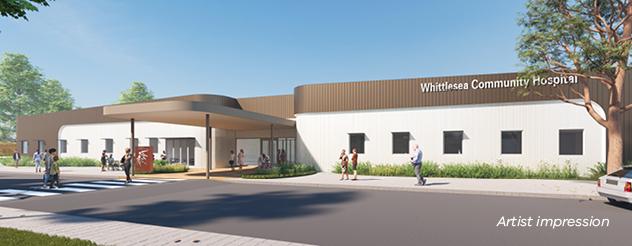As new infrastructure projects take shape across the state, it’s important the communities they will serve have a say in their design and services.
A key way that project teams engage with local communities impacted by new health, transport or public housing developments is via consultative committees.
What is a community consultative committee?
A community consultative committee (CCC) is a group comprised of local residents, business owners, service providers and interest groups who can help a project team have meaningful and effective communications and discussions with the community affected by the project. Members of committee are normally recruited via an ‘expression of interest’ application, which is advertised in outlets like the local newspaper and social media.
In essence, a consultative committee is a partnership between a project team and the local community impacted by the project.
Who can become a consultative committee member?
Anyone in the local community affected by a project can apply for membership. In general, a committee will comprise members of the project team – planners, project officers and the like – along with interested community members.
In the case of a new hospital development, the consultative committee would look to include people like carers, patients, families and volunteers – those with a stake in designing a safe, accessible and effective new healthcare facility.
What work does a consultative committee do?
The consultative committee plays a critical role in helping their project team get the information, views and feedback they need from the community to design an effective new infrastructure project. That could include the following:
- making sure clear communication channels are opened up with interested and affected residents, businesses and service providers in the area
- making sure there are plenty of opportunities for affected people and groups to have their say on the project plans. For example, the committee might work to ensure hard to reach sections of the community are given the chance to offer feedback and opinions
- providing a local perspective on any project issues – for example, on how to minimise the impact of a new construction on residents.
